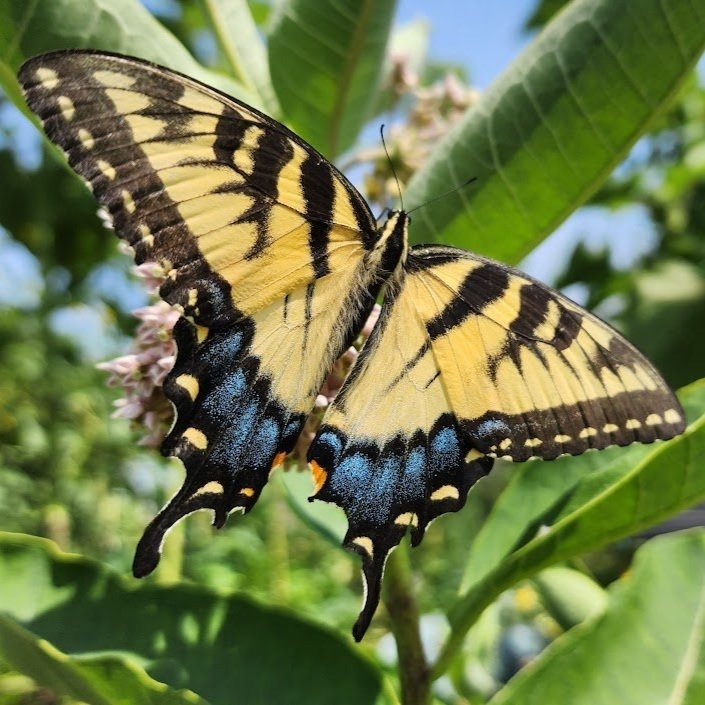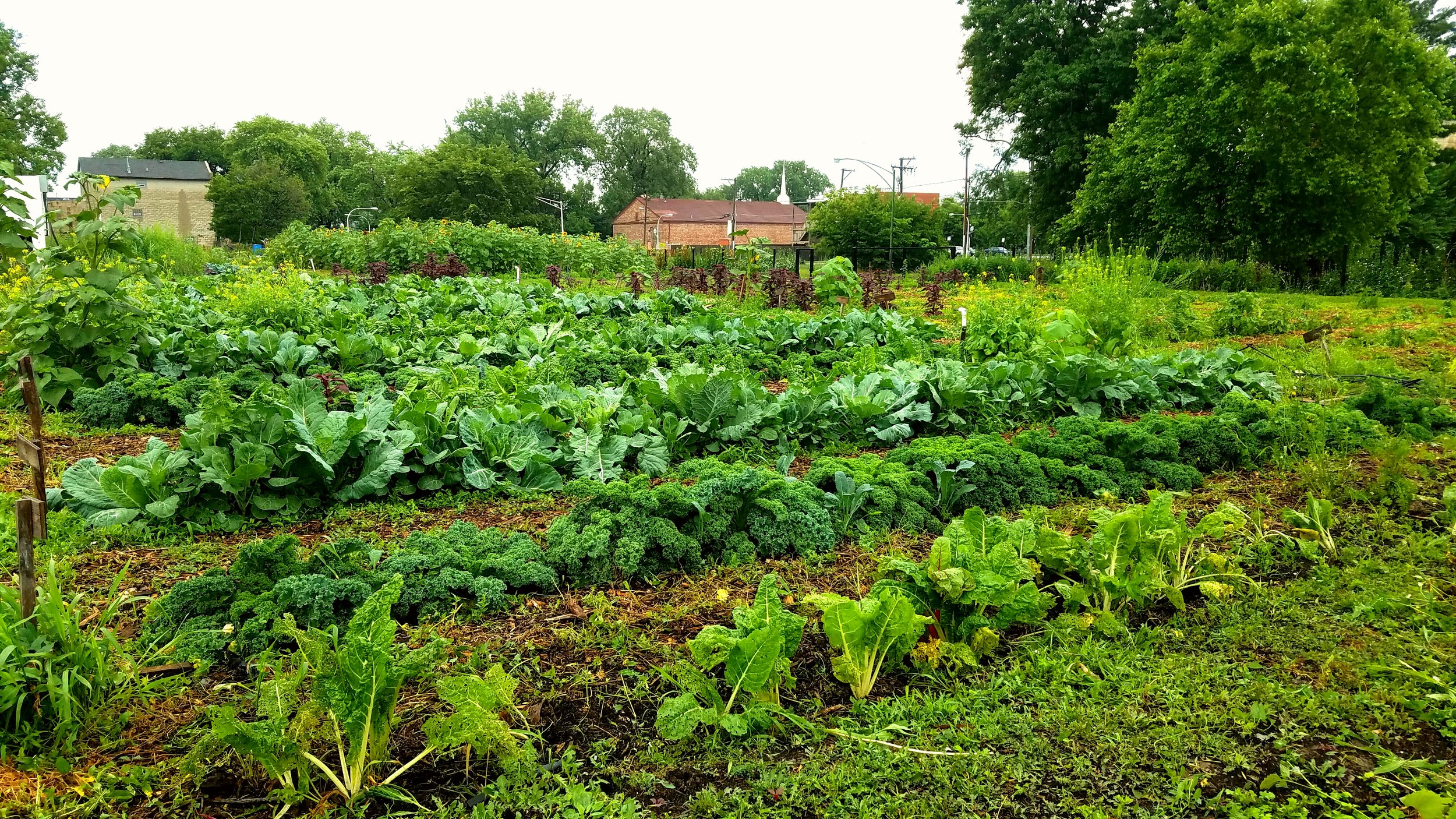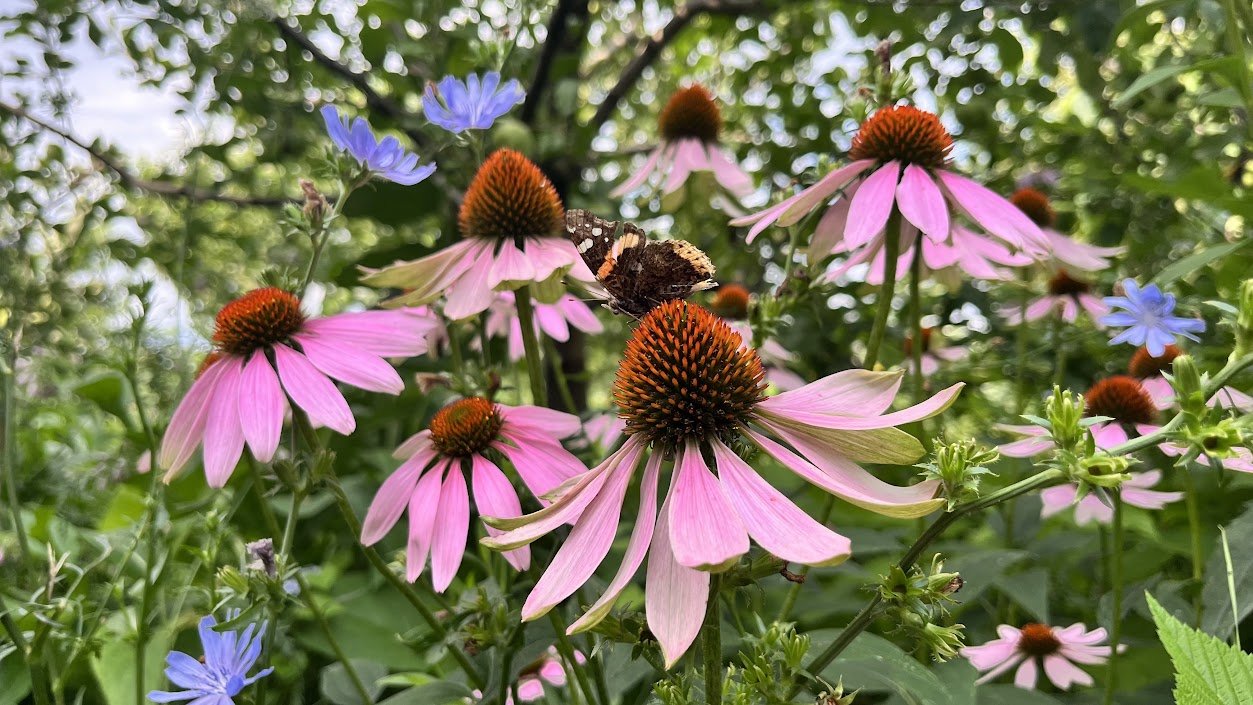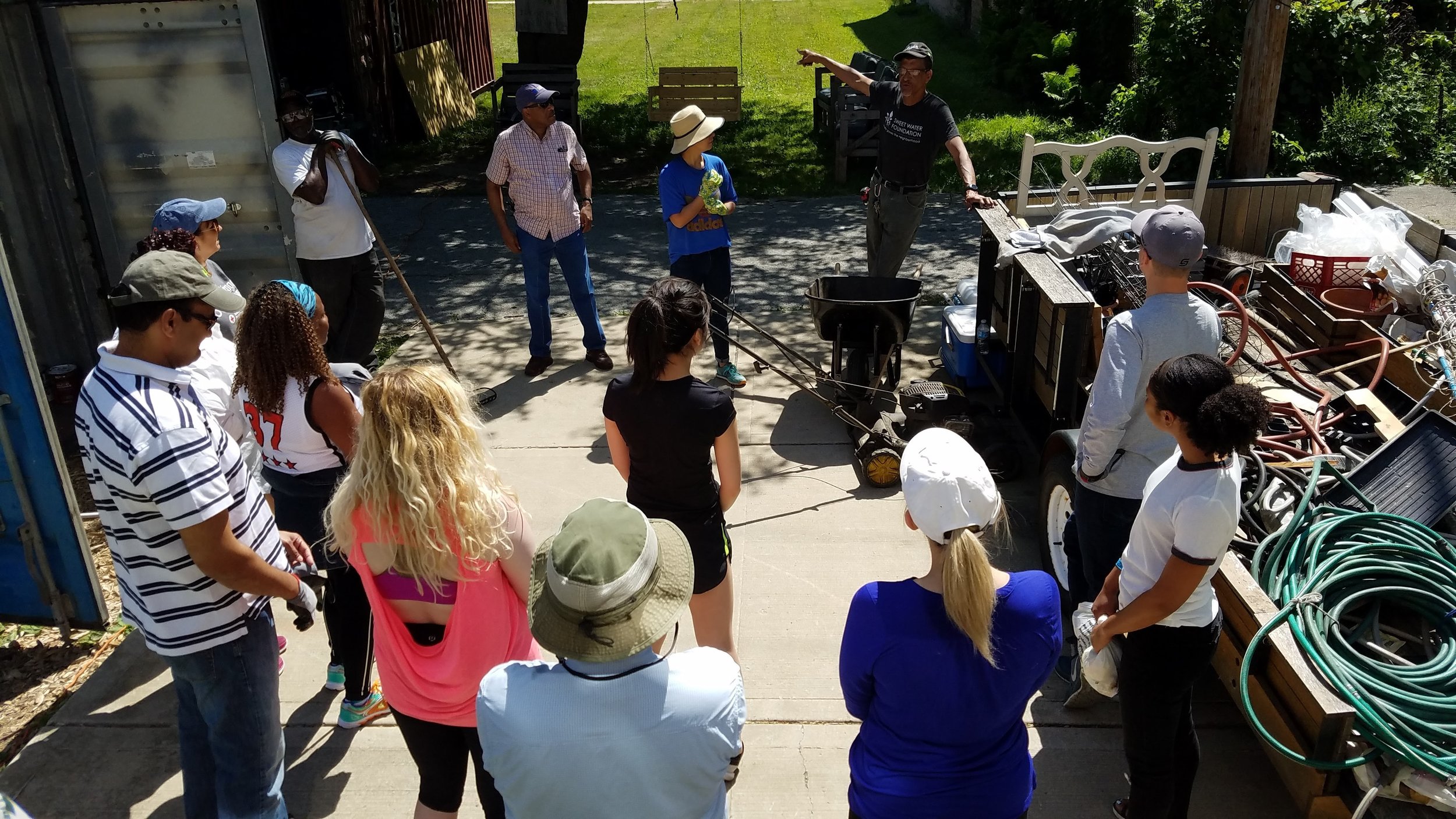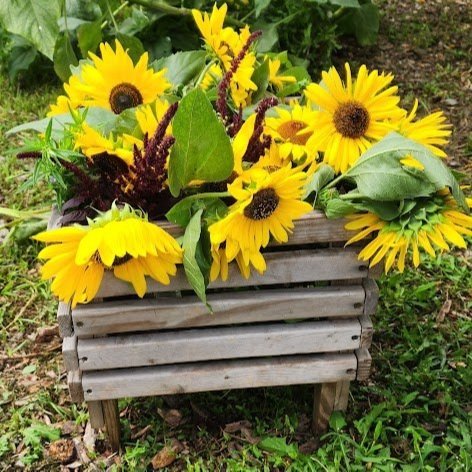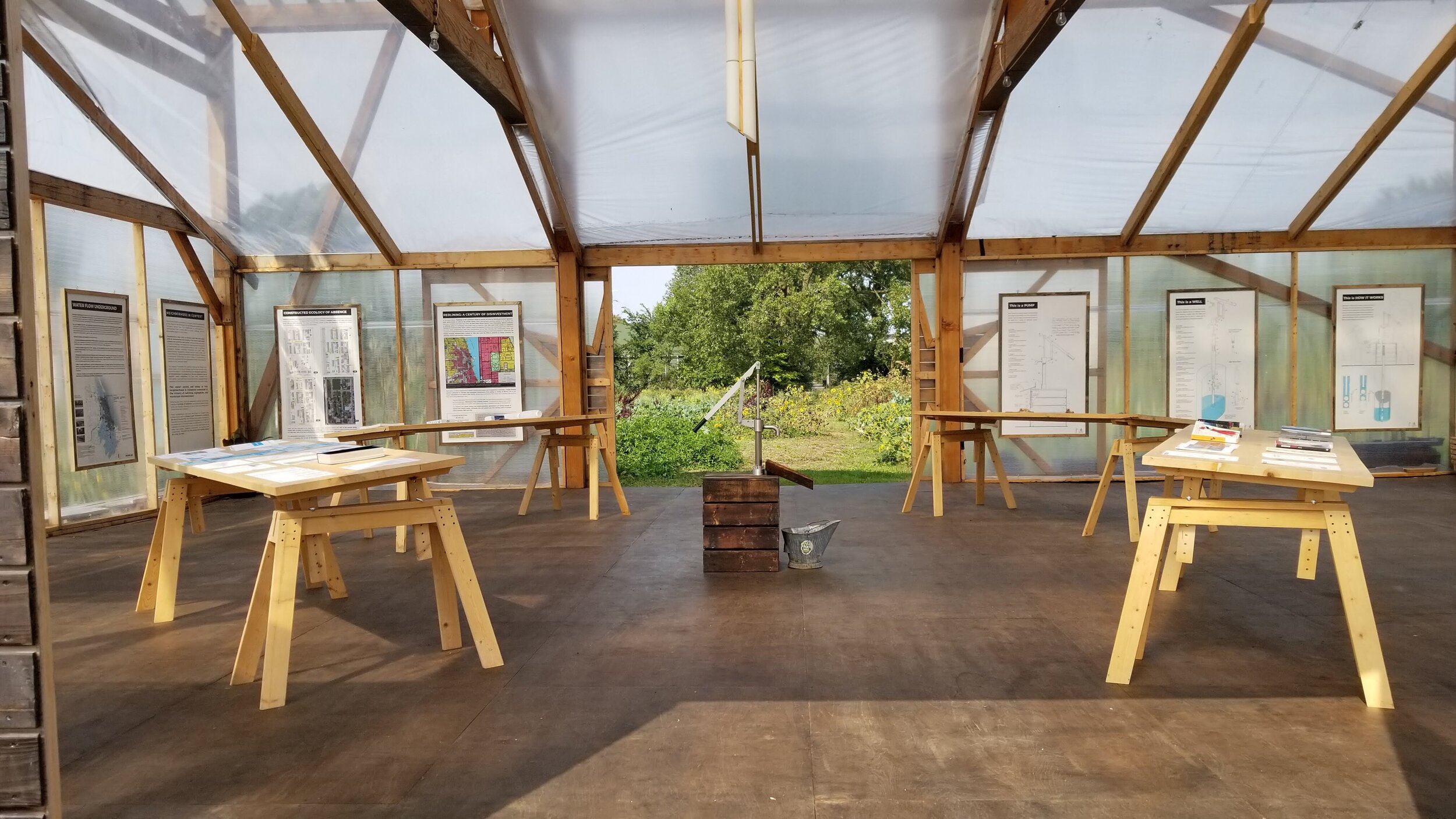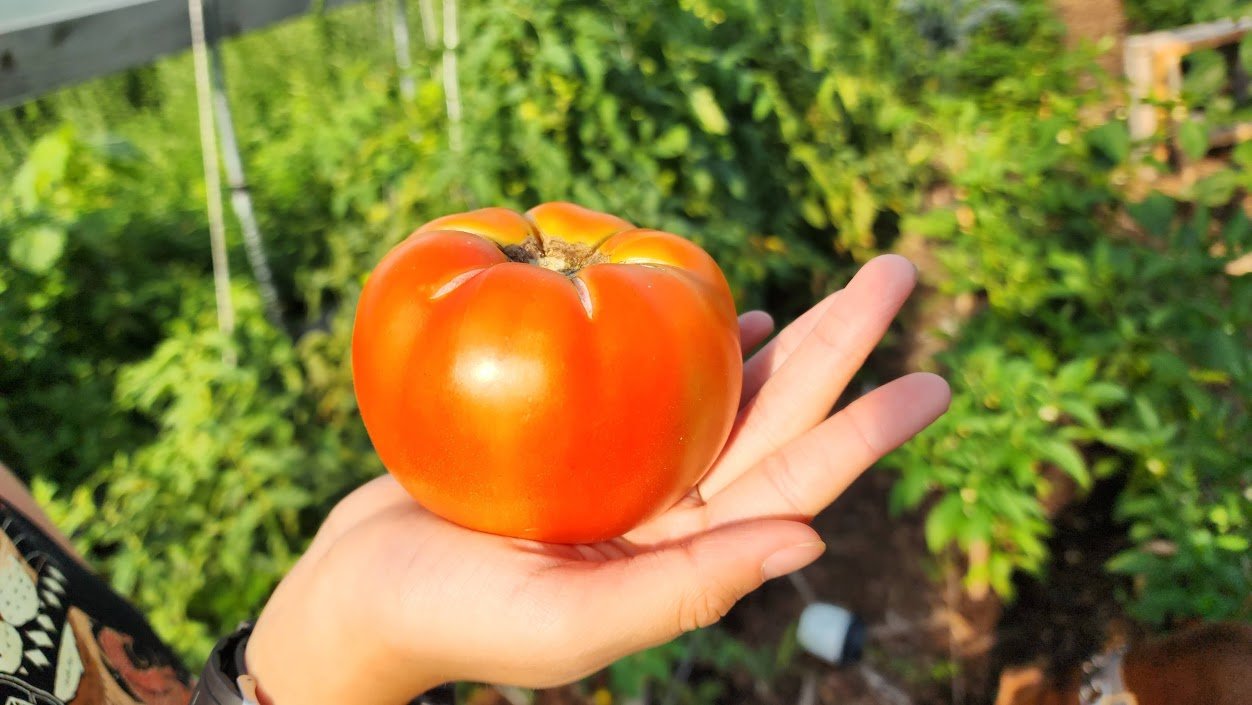The Commonwealth
In the City of Chicago, much like other Rust Belt cities across the nation, it has become evident that the spatial organization of marginalization is one of the most dangerous forms of explicit racial oppression. The Commonwealth is located in a neighborhood at the nexus of the Englewood and Washington Park communities on Chicago’s South side, two communities devastated by decades of redlining, disinvestment, and benign neglect.
SWF’s work is a direct response to the everyday chaos of economic hardships, violence, perpetual poverty, and systemic racism that pervades these communities. The SWF team and community have designed and built The Commonwealth into a dynamic campus that spans six contiguous city blocks and serves as a model of Regenerative Neighborhood Development. The Commonwealth has successfully reintroduced and redefined agriculture within the city limits as a practice central to the revitalization of the neighborhood, transformed formerly foreclosed and abandoned houses into community schools and live-work residences, introduced new agricultural building typologies into the urban fabric, and remixed programming into a 21st-century context through the practice of Regenerative Neighborhood Development.
Today, The Commonwealth includes a ~2-acre urban farm, a large community garden, five vacant parcels transformed into a park (R-N-D Park and Meeting House), two formerly foreclosed homes transformed into community and educational spaces (Think-Do House and [Re]Construction House), a greenhouse converted into a woodshop (The Work-Shop), a shipping container converted into a learning laboratory and greenhouse (Think-Do Pod/Smart Pod), a timber frame pavilion that serves as an outdoor performing arts and community space (Thought Barn), an abandoned church transformed into a community design center known as the Civic Arts Church, and a long-vacant, 12 parcel site, known as The Prairie, that SWF is cultivating as an urban prairie through the introduction and cultivation of native plants over time.
The Commonwealth is a place filled with spaces of healing, nourishment, beauty, and community that offers a living demonstration of a new economic paradigm, an Essential Economy that moves beyond the bounds of economic rationality to unbounded possibilities. As demonstrated by The Commonwealth, SWF’s practice of RND offers a solution-oriented response that pushes the boundaries of blight and offers a practical framework for collectively addressing the multi-layered crises we face. RND shows us that a new future is possible.
Spaces at The Commonwealth
Thought Barn
The Thought Barn, was the first ground-up architectural building developed by Sweet Water Foundation and now serves a visual and performing arts, reflection, and community gathering space in the heart of The Commonwealth. Since its raising, the Thought Barn has hosted 1000’s of people for performances, community events, workshops, meetings, and tours. In the winter months, SWF builds a temporary, polycarbonate enclosure, known as the Lightbox Theater + Gallery, to enable year-round programming.
Community Farm
Sweet Water’s Community Farm occupies a full city block and boasts more than 210 rows of vegetables. Sweet Water Foundation began farming the site in May 2014 after it sat dormant for more than a year. The abandoned site is now a vibrant, 2 acre farm employing local residents, building community, and feeding more than 200 residents weekly.
Think-Do House
The Think-Do House is formerly foreclosed home the stood vacant from its construction in 2007 until Sweet Water Foundation gained access in 2014. With sweat equity, the home was transformed into a community hub that hosts educational collaborations, community meetings, workshops, retreats, and cooking demos. The Think-Do House has been featured in Chicago Ideas Week, Chicago Artists Month and the Chicago Architecture Biennial.
The Work-Shop
To facilitate the growth of the carpentry work of the Apprenticeship & Outreach Program, Sweet Water Foundation built a custom, multipurpose greenhouse in Spring 2017 to serve as a classroom, workshop and makerspace.
[Re]Construction House
The [Re]Construction House, located at 5731 S. Lafayette Avenue in the heart of The Commonwealth, is a project focused on the transformation of an abandoned home. The house was occupied by an elder whose relatives lived out of state. Upon her passing, the home sat vacant until one of the relatives visited the area and witnessed the work of Sweet Water Foundation firsthand. The home was donated to Sweet Water Foundation in late 2016 in hopes they would bring it back to life one day. Rehab of the [Re]Construction House was completed in September 2019.
Smart Pod
The Smart Pod is a unique learn + grow space designed by the Sweet Water Foundation team from a discarded commercial shipping container that once transported grape juice concentrate in Argentina. Modeled after a shipping container greenhouse in Belgium, the Smart Pod consists of an educational and inspirational gallery space on the lower level and greenhouse with traditional and hydroponic grow beds on top.
RND Park & Meeting House
The R-N-D Park is Sweet Water Foundation’s latest activation of so-called blighted space at The Commonwealth. The park, which spans 5 vacant parcels at The Commonwealth, provides safe space for local residents and seeks to inspire new forms of housing development. The R-N-D Park’s name reflects both SWF’s practice of Regenerative Neighborhood Development and research-and-development efforts through youth and community-inspired design.
Community Garden
The Community Garden consists of 24 “you pick” garden beds full of wide variety of seasonal vegetables and herbs. The gardens are open and accessible to local residents all year long and also serve as learning gardens via partnerships with health and wellness educators and schools.
History of the SWF Community Farm
The SWF Community Farm occupies a full city block, located on the 5700 block between South Perry Avenue and Lafayette Street, at the nexus of the Englewood and Washington Park communities on Chicago’s South Side. This site was once home to the Moseley School, one of the oldest public schools in Chicago history.
Named after an early Chicago philanthropist, the Flavel Moseley School opened in 1856 as an elementary school at the corner of Michigan Avenue and 24th Street. In 1930, the Moseley School was converted to a social adjustment school for “truants, delinquents and incorrigibles.” Later known as the Moseley Social Adjustment School, the school was moved to 5700 S. Lafayette Avenue in 1958 and was, ultimately, closed in the 1990’s. The building was briefly repurposed as a homeless shelter and, then, sat vacant until it was demolished.
In 2011, the City of Chicago and LISC partnered to transition the site from an empty city block into an urban farm. The City first leased the farm to a nonprofit with deep urban farming expeience, but who lacked community engagement and investment. As a result, neighbors complained about the farming practices and the farm was vacated. The City of Chicago invited Sweet Water Foundation to revitalize the farm in May 2014.









